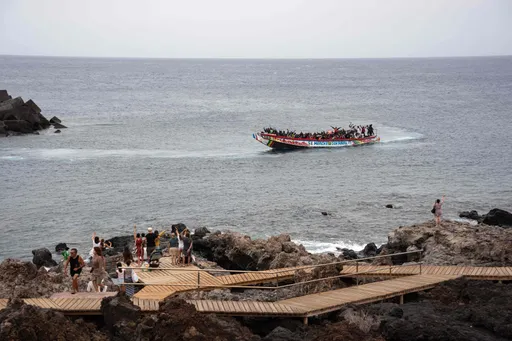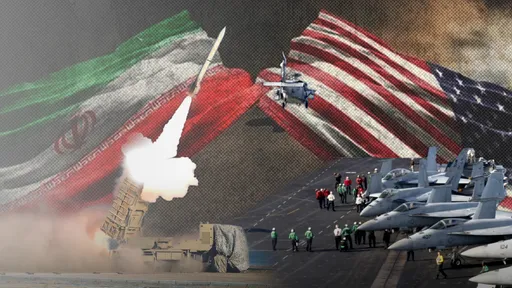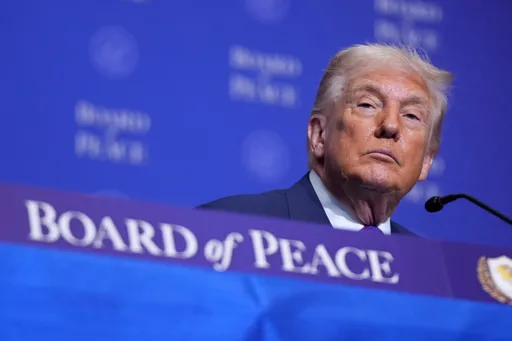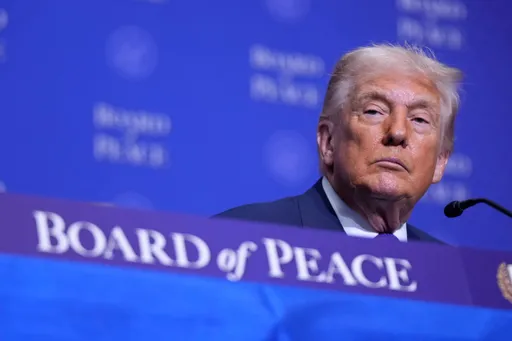President Joe Biden has said that the United States “will not walk away” from the Middle East, as he tries to ensure stability in a volatile part of the world and boost the global flow of oil to reverse rising gas prices.
“We will not walk away and leave a vacuum to be filled by China, Russia or Iran,” Biden said in Saudi Arabia on Saturday. "We will seek to build on this moment with active, principled, American leadership.”
His remarks, delivered at the Gulf Cooperation Council on the final leg of a Middle East tour, came amid concerns about Iran's nuclear ambitions.
The summit brought together the six members of the Council as well as Egypt, Jordan and Iraq.
Although US forces remain deployed at bases throughout the Middle East, Biden suggested he was turning a page after the US invasions of Iraq and Afghanistan.
“I’m proud to be able to say that the era of land wars in the region, wars that involved huge numbers of American forces, is not under way,” said Biden, who also announced $1 billion in aid to alleviate hunger in the region.
READ MORE:US, Saudi Arabia sign several agreements including energy, tech
Crucial visit to Middle East
Saudi Prince Mohammed hoped the summit would “establish a new era of joint cooperation to deepen the strategic partnership between our countries and the United States of America, to serve our common interests and enhance security and development in this vital region for the whole world”.
After a lunch with other leaders, Biden began his trip back to Washington, flashing a thumbs-up and waving to reporters as he boarded Air Force One at the end of a four-day trip.
Earlier, Biden met individually with the leaders of Iraq, Egypt and the United Arab Emirates, some of whom he had never sat down with since taking office in January 2021.
He invited Mohammed bin Zayed Al Nahyan, who became president of the UAE two months ago, to visit the White House this year.
Biden also met with King Abdullah II of Jordan. The White House later announced that the US was extending and expanding financial assistance to the country, to no less than $1.45 billion per year.
It was Biden's first visit to the Middle East as president. White House officials used it as a bid to promote integration between Israel and Arab nations.
That process appeared to get a boost on Friday when Saudi Arabia announced it was lifting restrictions on civilian air carriers, a move that allows flights travelling to and from Israel to use its airspace for the first time.
But the kingdom's foreign minister, Prince Faisal bin Farhan, told reporters at a press conference after Biden's departure that the move had nothing to do with Israel and was "not in any way a precursor to any further steps".
Another talking point of Biden's visit was oil prices. Washington wants Riyadh to open the oil floodgates to bring down soaring gasoline prices. But Biden has tried to tamp down expectations that his trip would yield immediate gains.
READ MORE: US vows not to allow Iran atomic weapon, stresses 'unbreakable' Israel ties























